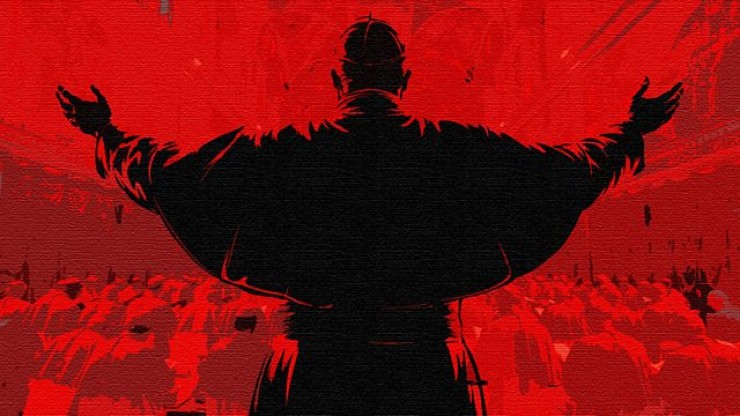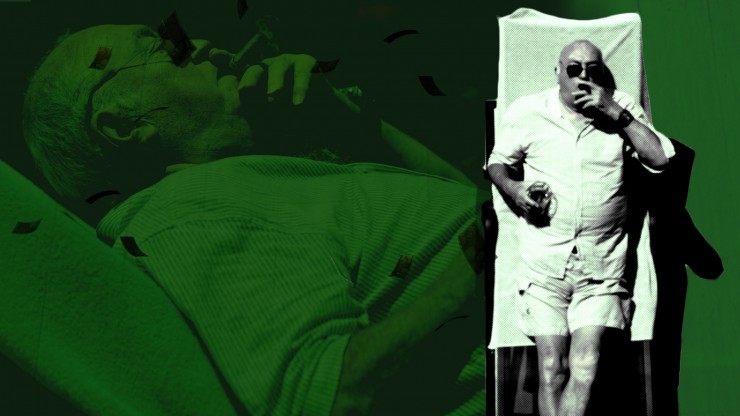The publication of Bectu’s latest rate card for freelancers working in unscripted TV has reopened debate over how to capture accurate pay data.
The union has published baseline weekly pay rates for 40 roles, drawn up by The Time Project, which benchmarked a Freelance Taskforce survey of more than 3,000 individuals.
The rates are calculated using a 37.5 hour working week and weighted relating to an individual's experience, from zero to five years.
Bectu published the rate cards to demystify the issue and help members frame their pay negotiations, describing it a “living document” that will continue to be adapted to reflect changing working conditions and pay rates.
However, The TV Mindset criticised them as unrepresentative, quoting a snapshot poll carried out by the group Black in TV showing that 76% of the group’s members think that the figures are inflated.
The TV Mindset, which was one of the organisations behind The Freelancers’ Charter last year, said Bectu should have held back from publishing the data until it was more “robust and useable”.
Bectu has now promised to refine the rates to give "greater context" tin the face of this criticism.
Unscripted TV Union chair James Taylor said: “Accurately reflecting rates across a varied industry across multiple genres can lead to oversimplification and we’ll be working to refine and update the guidance so we can drive change in giving people an idea of what they should be asking for.
“We recognise this is a complicated subject, and that publication of the guidance has highlighted many existing issues in the sector – including the disparity in pay within diverse communities, and the lack of parity between rates in production and editorial roles."
Since The Talent Manager launched its own RateChecker tool in September 2020, more than 19,000 freelancers have anonymously shared their rates.
The rate checker was designed to give freelancers accurate information to help them negotiate and resist rate attrition, an issue that had been highlighted during the pandemic.
As well as giving highest, lowest and average rates for a role, the RateChecker allows users to filter by genre, broadcast and timeslot (peak, daytime etc), so freelancers can compare rates at a granular level. These are not currently reflected in the Bectu figures.
Bectu said it had traditionally been hampered by freelancers’ unwillingness to share details of rates, which have always varied wildly.
Unscripted TV Union chair James Taylor compared traditional ways of establishing standard rates to peeling an onion: “The further you get, the more layers of complication are uncovered, and ultimately it makes you want to cry.”
TM founder Sarah Lee said:
“RateChecker usage has grown exponentially since we launched it 18 months ago, and - from all the feedback - is proving a very helpful tool for people. The fact that it's being constantly updated in realtime, so freelancers can see 'live' rates as well as changes over time and comparisons by channel, timeslot and more, is something a lot of freelancers value. So please do keep contributing, as the more infromation there is, the better it works for others.
“None of this negates the importance of the great work the Time Project has done, which we fully support. The more of this kind of work being done the better. Freelancers need all the help they can get. Knowledge is power!”
Bectu suggested rates (unscripted)
Researchers: £605-£930
Assistant producers: £800-£1125
Production managers £1100-£1425
Producer/director £1380-£1705
TM Ratechecker rates (all unscripted genres, across all broadcasters and timeslots, without holiday pay)
Researchers: £140-£750 (average £575)
Assistant producers: £300-£1500 (average £800)
Production managers: £700-£2500 (average £1114)
Producer/director: £725-£2500 (average £1439)
To upload your rates to TM Ratechecker, click here
To see Bectu's proposed weekly rates for unscripted TV, click here



